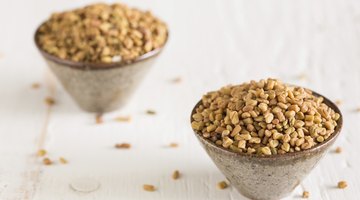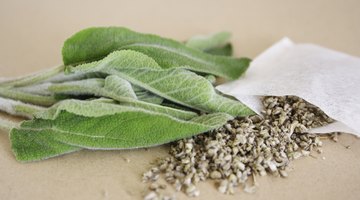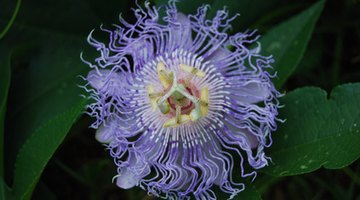Herbs to Avoid With Hypothyroidism
Over the last two decades, herbal supplements have been the target of both praise and harsh criticism by the medical industry.
Herbs have been heralded for centuries for their medicinal properties and natural--rather than synthetic--approach to treating many minor conditions.
However, issues continue to spark controversy regarding consistency in dosing, herb-drug-vitamin interactions, regulation, toxicity and toxin levels. As always, it is imperative to consult with your doctor before attempting to self-medicate a condition as potentially life-threatening as hypothyroidism.
Astragalus
Astragalus, or Astragalus membranaceus, is a trusted herb used in the practice of traditional Chinese medicine for centuries.
It is prized for its ability to guard the body against stressed adrenals, and its antioxidant role is believed to defend against diseases such as cancer. However, for individuals with hypothyroidism, the use of astragalus can pose a serious health threat.
According to the National Center for Complementary and Alternative Medicine, astragalus can contain potentially toxic levels of selenium and can interfere with medications that suppress the immune system, blood sugar and blood pressure--which may be fatal. Talk to your physician prior to taking astragalus.
Bladderwrack
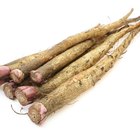
Burdock Root and Pregnancy
Learn More
Bladderwrack is a seaweed harvested for medicinal purposes. While it is generally common to see it used for hyperthyroidism, or overactive thyroid, it can be unsafe for those experiencing underactive thyroid problems. MedlinePlus suggests that this is due to the high concentration of iodine that may exceed what is actually required for treatment.
Prolonged use of bladderwrack has been shown to cause goiter and increase the risk of getting thyroid cancer.
Bladderwrack, being a seaweed, is also prone to high levels of toxins such as heavy metals like arsenic found in ocean water. Speak with your doctor before using bladderwrack.
Echinacea
Echinacea, or Echinacea angustifolia and Enchinacea purpurea, is a traditionally Native American herb that has been favored for centuries as a medical panacea for numerous ailments. This herb is an antioxidant and can stimulate the immune system, plus it has anti-inflammatory, anti-viral and pain-relieving properties, making it a favorite supplement in the general population today.
Yet many thyroid conditions and cancers can worsen with the use of antioxidants and caution should be exercised before taking this supplement. To ensure your safety, talk to your doctor before taking echinacea for any medical condition.
Garlic
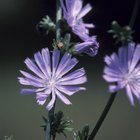
Chicory Root During Pregnancy
Learn More
Garlic, or Allium sativum, is one of the most widely used herbs globally. It is used to flavor Asian and Mediterranean cuisine, and it is taken as an oral supplement to combat infection and strengthen the immune system.
The Longwood Herb Task Force website suggests that while garlic has shown to be beneficial to heart patients, there is still insufficient clinical data to promote its use. In fact, the task force reported that one of the adverse reactions of garlic intake is the onset of hypothyroidism.



